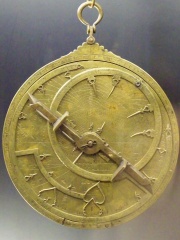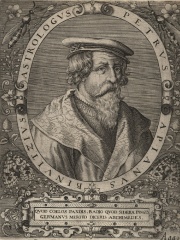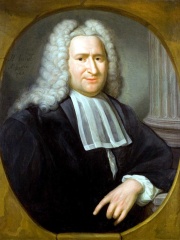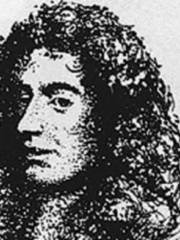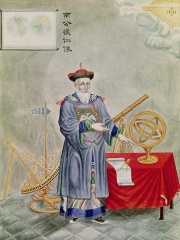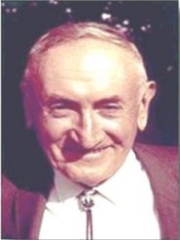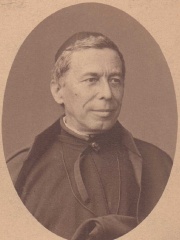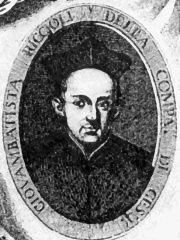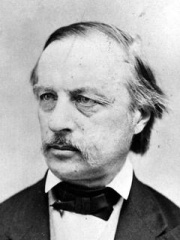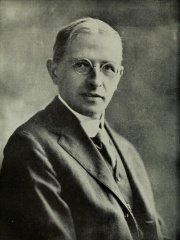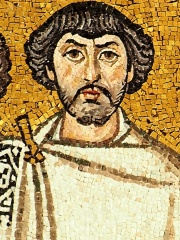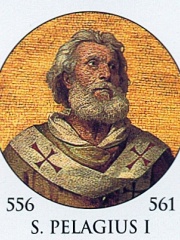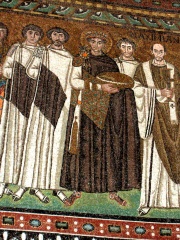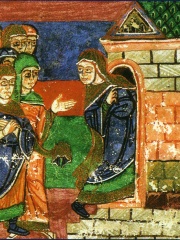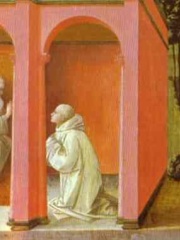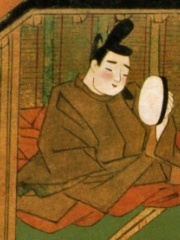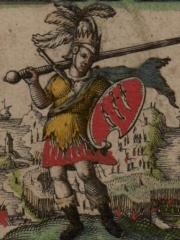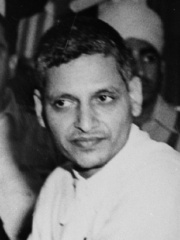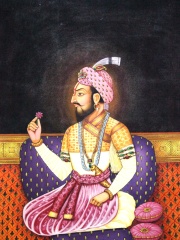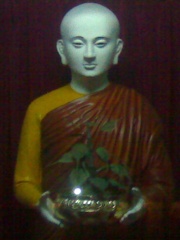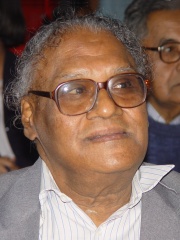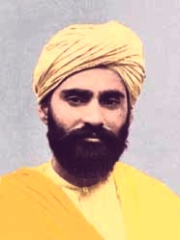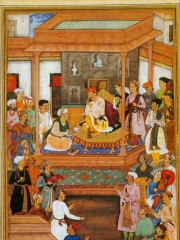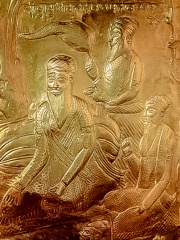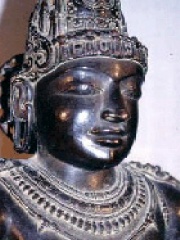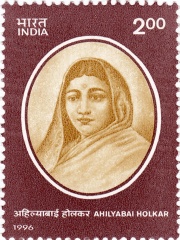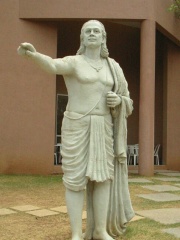Astronomer
Varāhamihira
505 - 587
EN.WIKIPEDIA PAGE VIEWS (PV)

 Varāhamihira
Varāhamihira
Varāhamihira (c. 20/21 March 505 – c. 587), also called Varāha or Mihira, was an ancient Indian mathematician, astrologer-astronomer who lived in or around Ujjain in present-day Madhya Pradesh, India. Read more on Wikipedia
His biography is available in 41 different languages on Wikipedia. Varāhamihira is the 93rd most popular astronomer (down from 52nd in 2024), the 145th most popular biography from India (down from 90th in 2019) and the 2nd most popular Indian Astronomer.
Varāhamihira is most famous for his book the "Brihat Samhita" which is a compilation of astronomical information.
Memorability Metrics
Page views of Varāhamihira by language
Among Astronomers
Among astronomers, Varāhamihira ranks 93 out of 644. Before him are George O. Abell, Mariam al-Asturlabi, Petrus Apianus, Pieter van Musschenbroek, Jacques Cassini, and Ferdinand Verbiest. After him are Fritz Zwicky, Angelo Secchi, Giovanni Battista Riccioli, Christian Heinrich Friedrich Peters, Henry Norris Russell, and Abu Hanifa Dinawari.
Most Popular Astronomers in Wikipedia
Go to all RankingsGeorge O. Abell
1927 - 1983
HPI: 69.32
Rank: 87
Mariam al-Asturlabi
950 - Present
HPI: 69.30
Rank: 88
Petrus Apianus
1495 - 1552
HPI: 69.25
Rank: 89
Pieter van Musschenbroek
1692 - 1761
HPI: 69.21
Rank: 90
Jacques Cassini
1677 - 1756
HPI: 69.17
Rank: 91
Ferdinand Verbiest
1623 - 1688
HPI: 68.87
Rank: 92
Varāhamihira
505 - 587
HPI: 68.85
Rank: 93
Fritz Zwicky
1898 - 1974
HPI: 68.84
Rank: 94
Angelo Secchi
1818 - 1878
HPI: 68.77
Rank: 95
Giovanni Battista Riccioli
1598 - 1671
HPI: 68.60
Rank: 96
Christian Heinrich Friedrich Peters
1813 - 1890
HPI: 68.59
Rank: 97
Henry Norris Russell
1877 - 1957
HPI: 68.58
Rank: 98
Abu Hanifa Dinawari
815 - 896
HPI: 68.56
Rank: 99
Contemporaries
Among people born in 505, Varāhamihira ranks 3. Before him are Belisarius, and Pope Pelagius I. After him are Jacob Baradaeus, Germanus, and Hesychius of Miletus. Among people deceased in 587, Varāhamihira ranks 1. After him are Radegund, Saint Maurus, Emperor Yōmei, and Æscwine of Essex.
Others Born in 505
Go to all RankingsBelisarius
MILITARY PERSONNEL
505 - 565
HPI: 81.11
Rank: 1
Pope Pelagius I
RELIGIOUS FIGURE
505 - 561
HPI: 76.56
Rank: 2
Varāhamihira
ASTRONOMER
505 - 587
HPI: 68.85
Rank: 3
Jacob Baradaeus
RELIGIOUS FIGURE
505 - 578
HPI: 65.01
Rank: 4
Germanus
MILITARY PERSONNEL
505 - 551
HPI: 59.23
Rank: 5
Hesychius of Miletus
POLITICIAN
505 - 600
HPI: 58.96
Rank: 6
Others Deceased in 587
Go to all RankingsVarāhamihira
ASTRONOMER
505 - 587
HPI: 68.85
Rank: 1
Radegund
WRITER
518 - 587
HPI: 68.79
Rank: 2
Saint Maurus
RELIGIOUS FIGURE
512 - 587
HPI: 68.07
Rank: 3
Emperor Yōmei
POLITICIAN
540 - 587
HPI: 67.75
Rank: 4
Æscwine of Essex
POLITICIAN
501 - 587
HPI: 55.38
Rank: 5
In India
Among people born in India, Varāhamihira ranks 145 out of NaN. Before him are Vātsyāyana (300), Nathuram Godse (1910), Sambhaji (1657), Sanghamitta (-281), Chandrakirti (600), and Akshay Kumar (1967). After him are C. N. R. Rao (1934), Sadhu Sundar Singh (1889), Abu'l-Fazl ibn Mubarak (1551), Guru Arjan (1563), Rajaraja I (947), and Ahilyabai Holkar (1725).
Others born in India
Go to all RankingsVātsyāyana
WRITER
300 - 500
HPI: 68.99
Rank: 139
Nathuram Godse
EXTREMIST
1910 - 1949
HPI: 68.95
Rank: 140
Sambhaji
POLITICIAN
1657 - 1689
HPI: 68.91
Rank: 141
Sanghamitta
POLITICIAN
281 BC - 202 BC
HPI: 68.90
Rank: 142
Chandrakirti
PHILOSOPHER
600 - 650
HPI: 68.88
Rank: 143
Akshay Kumar
ACTOR
1967 - Present
HPI: 68.87
Rank: 144
Varāhamihira
ASTRONOMER
505 - 587
HPI: 68.85
Rank: 145
C. N. R. Rao
CHEMIST
1934 - Present
HPI: 68.82
Rank: 146
Sadhu Sundar Singh
RELIGIOUS FIGURE
1889 - 1929
HPI: 68.61
Rank: 147
Abu'l-Fazl ibn Mubarak
WRITER
1551 - 1602
HPI: 68.58
Rank: 148
Guru Arjan
RELIGIOUS FIGURE
1563 - 1606
HPI: 68.56
Rank: 149
Rajaraja I
POLITICIAN
947 - 1014
HPI: 68.37
Rank: 150
Ahilyabai Holkar
POLITICIAN
1725 - 1795
HPI: 68.34
Rank: 151
Among Astronomers In India
Among astronomers born in India, Varāhamihira ranks 2. Before him are Aryabhata (476). After him are Philip Herbert Cowell (1870).
Aryabhata
476 - 550
HPI: 75.26
Rank: 1
Varāhamihira
505 - 587
HPI: 68.85
Rank: 2
Philip Herbert Cowell
1870 - 1949
HPI: 51.37
Rank: 3

